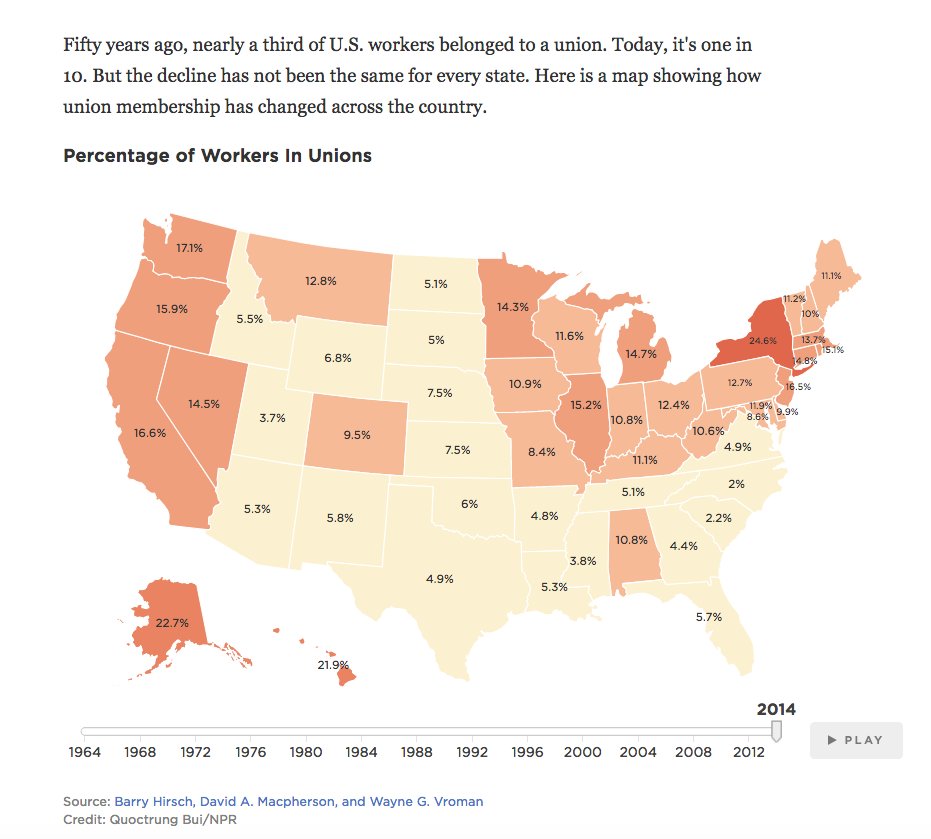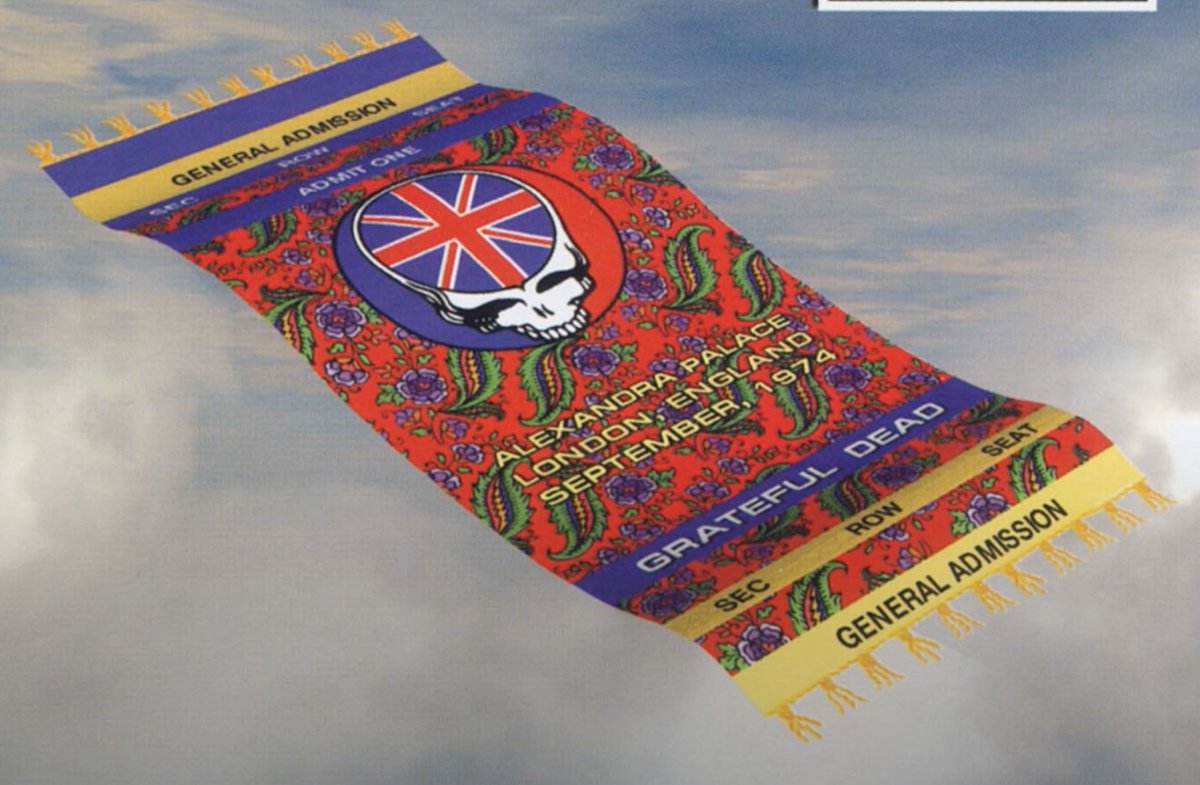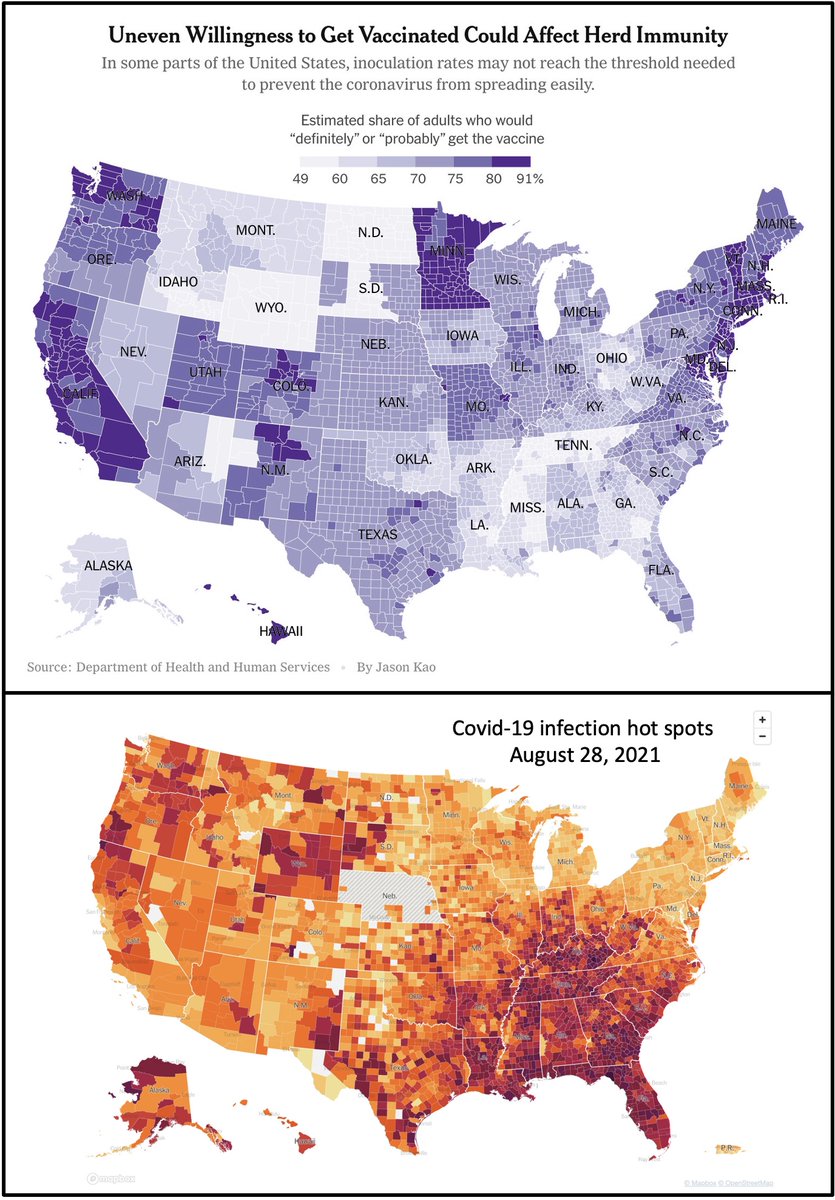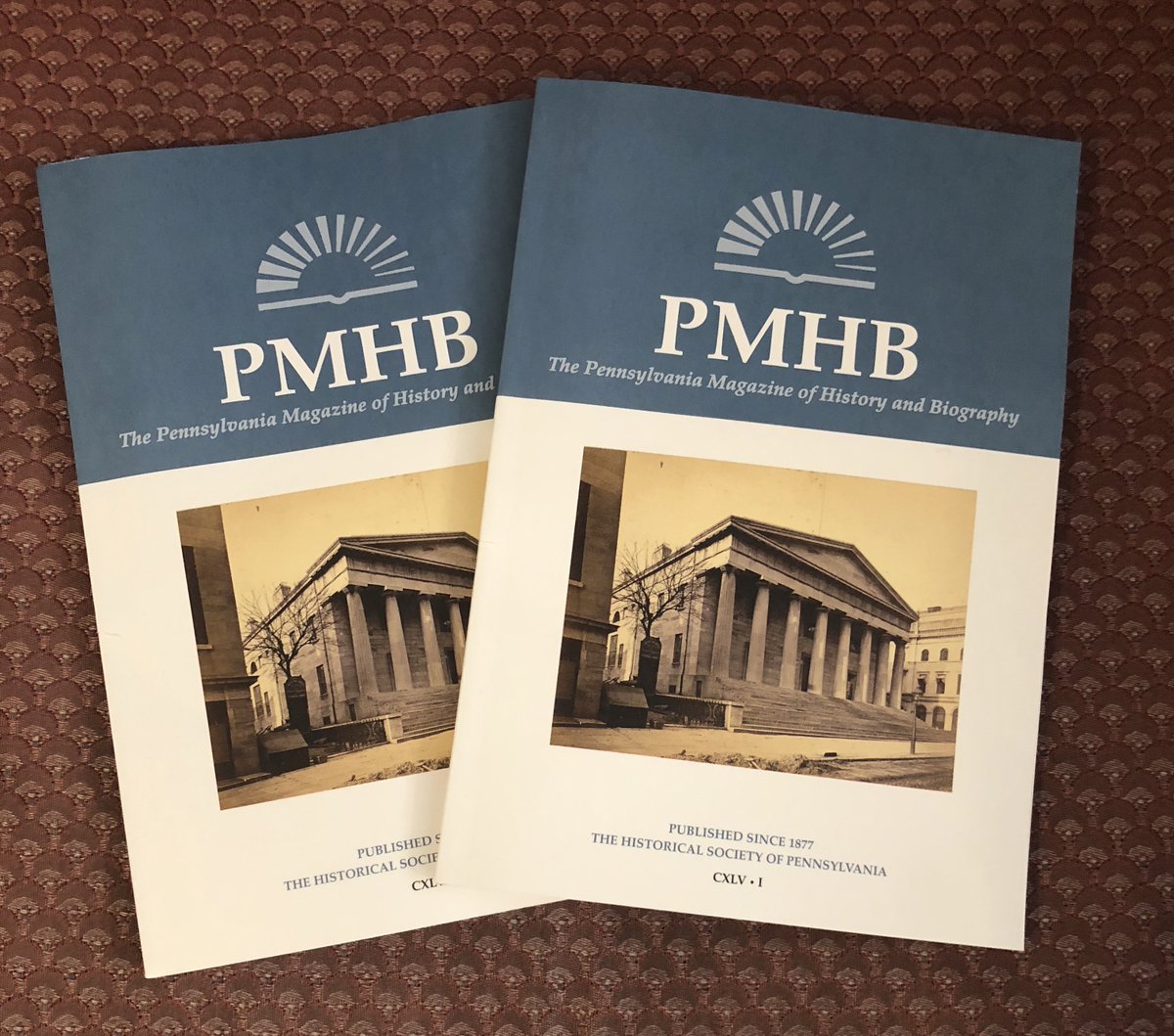
Early 19th c. U.S. historian. Lecturer @ Cal Poly Pomona. Author of The Bank War and the Partisan Press (Univ Press of Kansas 2019) https://t.co/hpQskpXLS1
5 subscribers
How to get URL link on X (Twitter) App




https://x.com/Historian_Steve/status/1823507621107958150
https://x.com/Historian_Steve/status/1823659753899491708

https://x.com/Historian_Steve/status/18235076211079581502/33. COVID brought about three rounds of fiscal stimulus. One came with the CARES Act of March 2020. The second was passed in December 2020 and the third was part of President Biden’s American Rescue Plan in March 2021.


 2/ Look at the facts and circumstances involving the explosive events of the 1850s and Lincoln's election in 1860.
2/ Look at the facts and circumstances involving the explosive events of the 1850s and Lincoln's election in 1860. 

https://twitter.com/Historian_Steve/status/16900263143954595852/99. My core claim is:


 As you might expect, union membership differs among states and regions in the U.S., and also private versus public sectors.
As you might expect, union membership differs among states and regions in the U.S., and also private versus public sectors. 


 This is a Wall of Sound show in England, Sept '74. So right before the classic show in Dijon, France and of course, before Winterland '74 that became part of the Grateful Dead movie and the Steal Your Face album.
This is a Wall of Sound show in England, Sept '74. So right before the classic show in Dijon, France and of course, before Winterland '74 that became part of the Grateful Dead movie and the Steal Your Face album.




 2. This thread was inspired by a response to @arielronid's excellent article in Slate. For years I had known about the slavery—limited government relationship but now I wanted specific, verifiable proof in the primary sources.
2. This thread was inspired by a response to @arielronid's excellent article in Slate. For years I had known about the slavery—limited government relationship but now I wanted specific, verifiable proof in the primary sources. 

 2. My thoughts here are organized into four larger themes:
2. My thoughts here are organized into four larger themes: 